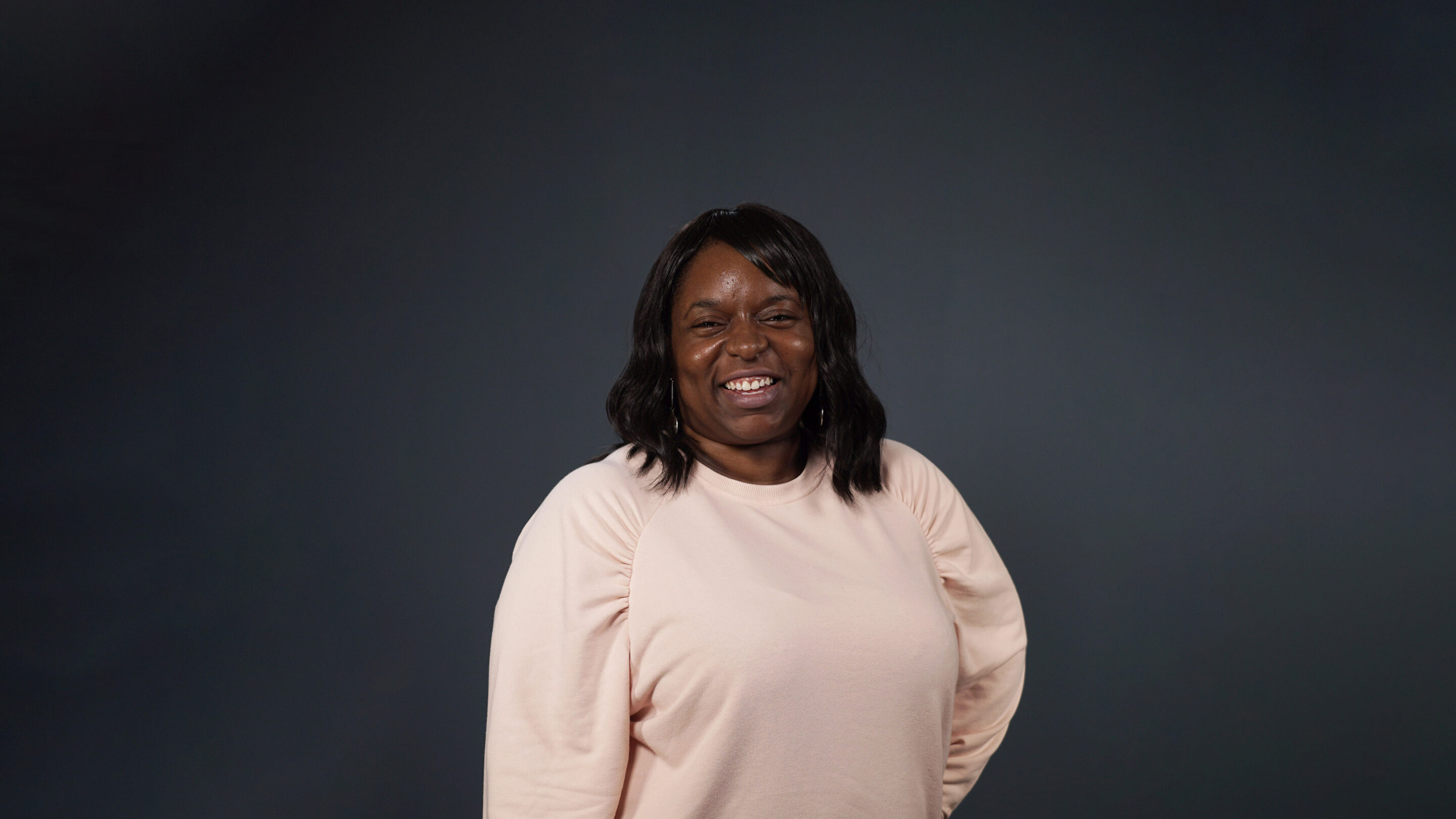What is an IVA?
An IVA is an agreement with your creditors to pay your disposable income (the money left each month after you’ve paid bills and other household needs) towards your debts for a period of five to six years. After this time, the remainder of your debts will be written off.
What does IVA stand for?
IVA stands for Individual Voluntary Arrangement.
Can I apply for an IVA?
To set up an IVA you either need enough reliable disposable income to pay into your IVA each month, or you need a lump sum (in which case you’ll apply for a Lump Sum IVA). Ultimately, it’s down to your creditors to accept the IVA proposal.
A Lump Sum IVA is a Lump Sum Individual Voluntary Arrangement. With a Lump Sum IVA, instead of making monthly payments to your debts, you pay one single lump sum.
If you have both a lump sum and significant disposable income, it’s unlikely that your Lump Sum IVA application would be accepted. However, it is possible that a lump sum could make up part of an IVA proposal where you would still be expected to pay into the IVA for 5–6 years.






